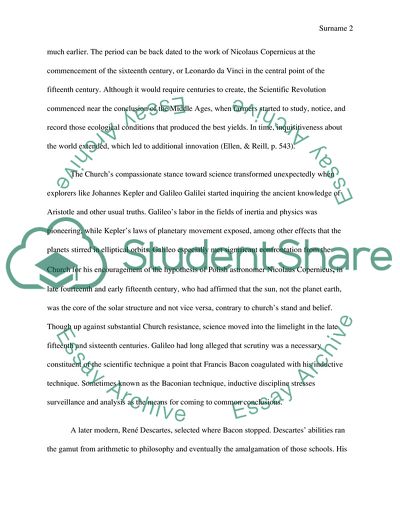Cite this document
(“The Scientific Revolution And The Enlightenment Term Paper - 1”, n.d.)
The Scientific Revolution And The Enlightenment Term Paper - 1. Retrieved from https://studentshare.org/history/1751347-scientific-revolution-and-the-enlightenment
The Scientific Revolution And The Enlightenment Term Paper - 1. Retrieved from https://studentshare.org/history/1751347-scientific-revolution-and-the-enlightenment
(The Scientific Revolution And The Enlightenment Term Paper - 1)
The Scientific Revolution And The Enlightenment Term Paper - 1. https://studentshare.org/history/1751347-scientific-revolution-and-the-enlightenment.
The Scientific Revolution And The Enlightenment Term Paper - 1. https://studentshare.org/history/1751347-scientific-revolution-and-the-enlightenment.
“The Scientific Revolution And The Enlightenment Term Paper - 1”, n.d. https://studentshare.org/history/1751347-scientific-revolution-and-the-enlightenment.


